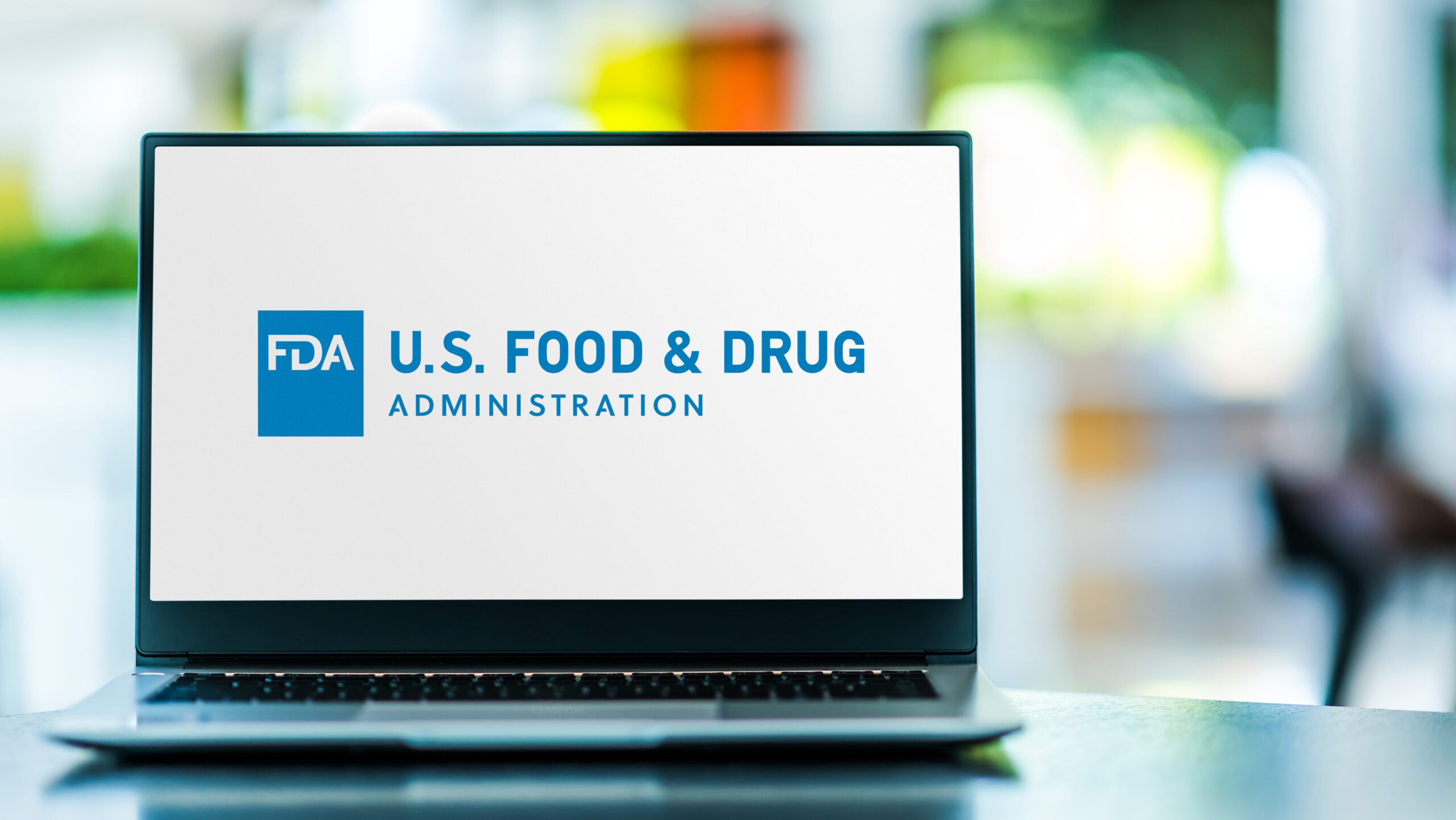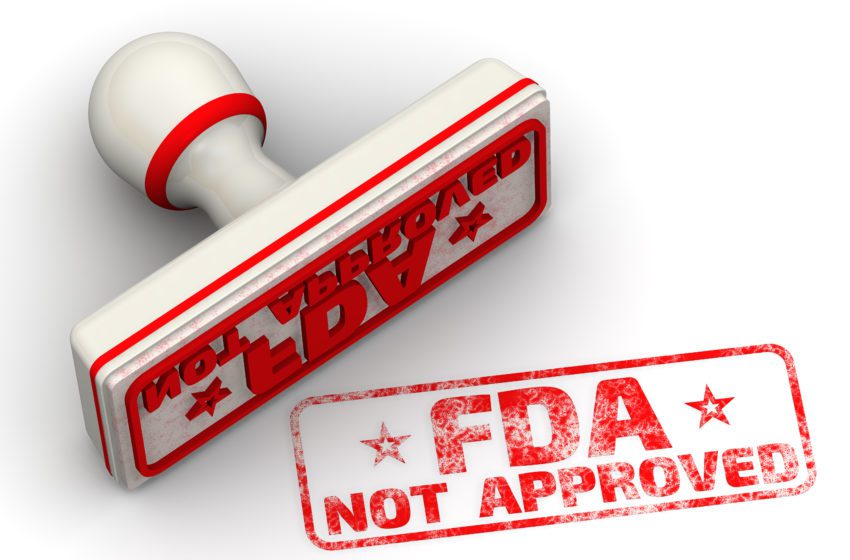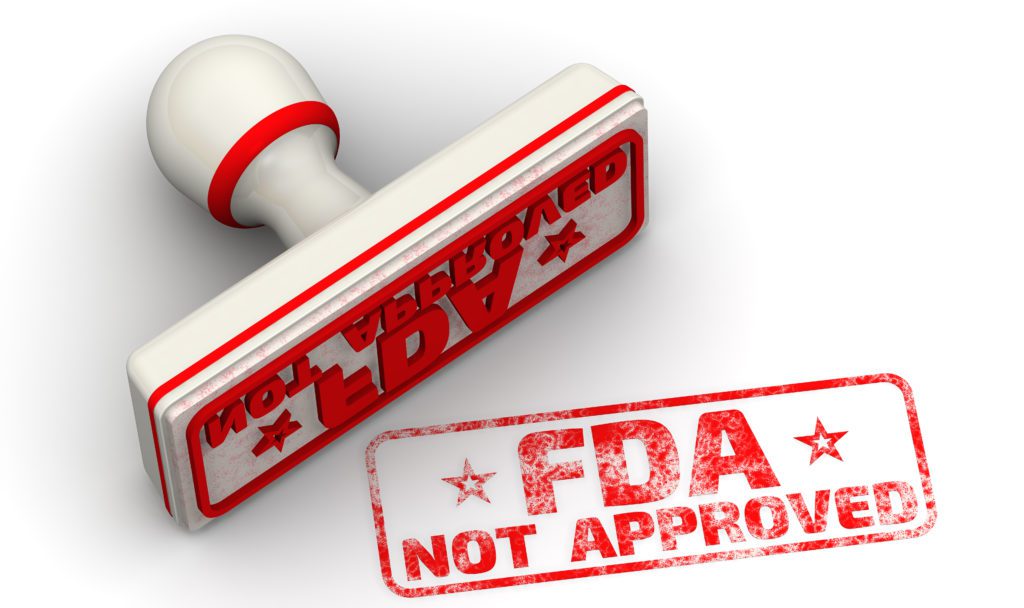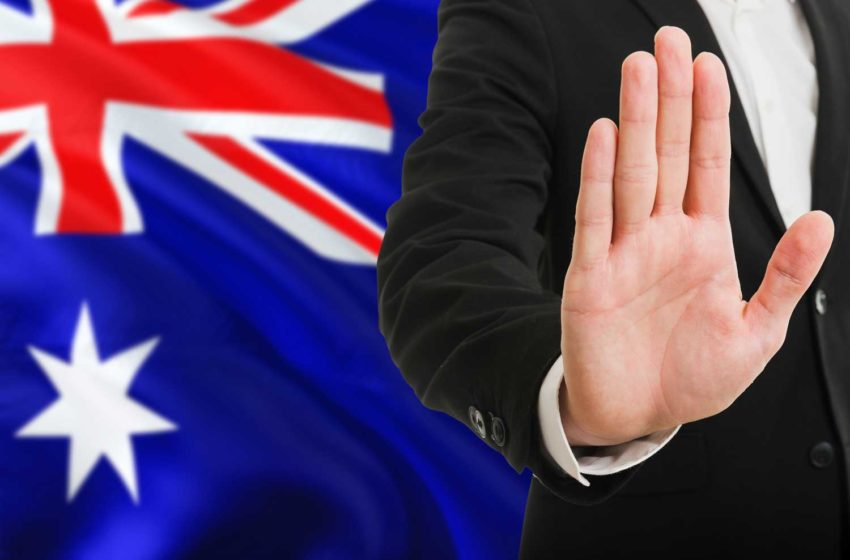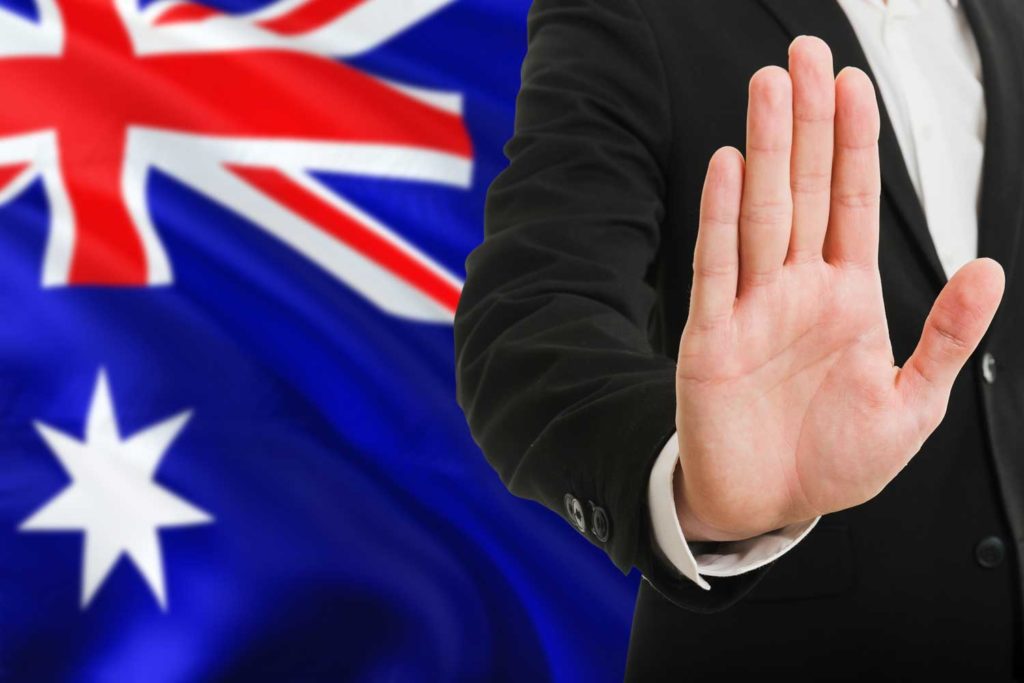On Friday, the U.S. Food and Drug Administration issued marketing denial orders (MDOs) to 10 companies that collectively manufacture and market about 6,500 flavored e-liquid and e-cigarette products.
The health regulator said these companies cannot market or distribute the products in the U.S. and retailers who sell them risk FDA enforcement action.
“Science is a cornerstone of FDA’s tobacco product review process,” said Matthew Farrelly, director of the Office of Science within FDA’s Center for Tobacco Products. “Today’s decision to deny approximately 6,500 products was based on the lack of scientific evidence provided in the applications. We will continue to ensure all new tobacco products undergo robust, scientific premarket evaluation to determine whether they meet the appropriate public health standard to be legally marketed.”
The companies that received MDOs include:
- Imperial Vapors LLC
- Savage Enterprises
- Big Time Vapes
- SWT Global Supply Inc.
- Great Lakes Vapor
- DNA Enterprise LLC dba Mech Sauce
- Absolute Vapor Inc.
- ECBlend LLC
FDA is not disclosing the names of the other two companies that received MDOs to protect potential confidential commercial information (CCI).
The FDA added the premarket tobacco product applications (PMTAs) submitted for a variety of flavored e-cigarette products did not provide sufficient evidence to show that permitting the marketing of these products would be appropriate for public health.
The agency said the product applications covered a variety of flavored e-cigarettes, including some with flavors such as Citrus and Strawberry Cheesecake, as well as Cool Mint and Menthol.
“It doesn’t really matter to the FDA what your scientific evidence is or anything else, they’re pretty much handing anyone out there an MDO,” said Char Owen, president of the American Vapor Manufacturers Association.
She said some of the companies targeted Friday had just one or two storefronts and were genuinely trying to help adults stop smoking through the use of flavored products, according to the Washington Post.
“It’s tough out here because you’re dealing with lives and businesses,” Owen said.
Based on the latest status report, the FDA plans to have 53 percent of covered applications acted on by June 30, 55 percent of covered applications acted on by Sept. 30 and 100 percent of covered applications acted on by Dec. 31.
The court-ordered deadline for FDA review of PMTAs was Sept. 9, 2021, but the agency did not meet that deadline and now has to file regular status reports on progress. The next status report is due by July 24.
